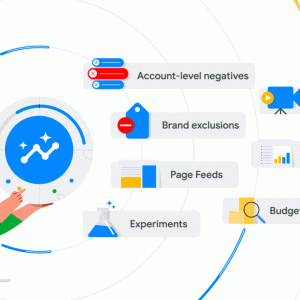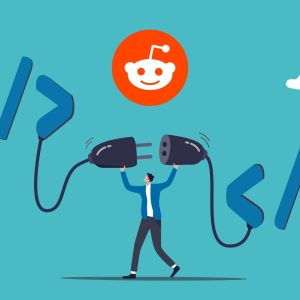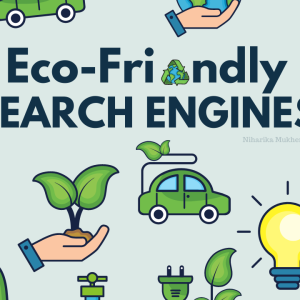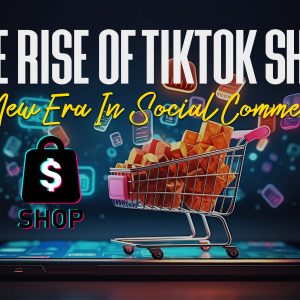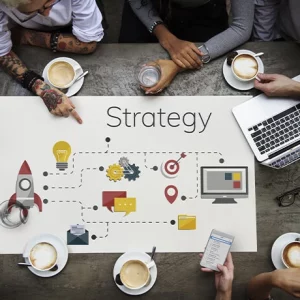
In the bustling marketplace, where brands battle for attention and loyalty, understanding the human mind becomes an invaluable weapon. Marketing, at its core, is a psychological dance, where brands tap into our desires, fears, and biases to influence our decisions. This article delves deep into the fascinating world of psychological effects in marketing, unveiling the hidden forces that shape our consumer behavior.
The Power of Perception: Anchoring and Framing
Our minds are wired to rely on reference points when making decisions. This is where anchoring comes in. By presenting an initial, often inflated, price or value, brands can subconsciously anchor our perception of what the product is worth. Think of the “regular price” crossed out next to a discounted sale item – it makes the final price seem like a steal, even if the original price was artificially inflated.
Framing, another cognitive trick, involves shaping how information is presented. By emphasizing certain aspects of a product or service, brands can influence our evaluation. For example, highlighting the “limited edition” nature of an item can trigger a sense of scarcity and urgency, making us more likely to purchase it.
The Ownership Bias: IKEA Effect and Endowment Effect
We tend to value things more when we feel invested in them, even if their objective value remains the same. This is the IKEA effect in action. Putting together furniture ourselves, even if it’s a frustrating process, makes us feel a sense of ownership and increases our perceived value of the finished product. Similarly, the endowment effect explains why we’re more likely to hold onto a mug we received as a gift, even if it’s not our favorite, simply because we possess it.
Marketers can leverage these biases by encouraging participation and interaction. Let customers personalize products, offer DIY experiences, or provide opportunities for feedback. This fosters a sense of ownership and connection, making them more likely to value and advocate for the brand.
The Social Influence: Bandwagon Effect and Conformity Bias
Humans are inherently social creatures, susceptible to the influence of others. The bandwagon effect capitalizes on this, suggesting that a product or service is desirable because others are buying it. Social proof, like celebrity endorsements or customer testimonials, plays on this effect, making us more likely to follow the crowd.
Conformity bias, on the other hand, taps into our fear of being different. When we see everyone else using a particular brand or service, we’re more likely to conform to avoid feeling ostracized. Marketers can utilize this by showcasing widespread adoption and positive social buzz, creating a sense of belonging and encouraging consumers to join the bandwagon.
The Emotional Trigger: Scarcity and Loss Aversion
Fear of missing out (FOMO) is a powerful motivator, and scarcity plays on it brilliantly. Limited-time offers, countdown timers, and “while supplies last” messages create a sense of urgency, pushing us to act before it’s too late. This is why flash sales and exclusive deals often see a surge in purchases.
Loss aversion, the tendency to feel losses more acutely than gains, is another emotional trigger. Highlighting what customers stand to lose by not taking advantage of an offer can be more effective than simply emphasizing the potential gains. Marketers can frame discounts as savings from potential losses, making them more appealing.
The Cognitive Shortcuts: Heuristics and Availability Bias
Our brains rely on mental shortcuts, called heuristics, to make quick decisions in a complex world. One common heuristic is the representativeness heuristic, where we judge something based on how well it resembles a prototype or stereotype. This is why brand mascots and celebrity endorsements can be so effective – they tap into existing associations and make the brand more relatable.
Availability bias, on the other hand, influences our perception based on how easily we can recall examples. Recent, vivid, or emotionally charged experiences tend to be more readily available in our minds, skewing our judgment. Marketers can leverage this by creating memorable experiences and positive associations with their brand, making it more likely to come to mind when consumers make purchasing decisions.
Ethical Considerations: Walking the Line of Persuasion
While understanding these psychological effects can be a powerful tool for marketers, it’s crucial to use them ethically and responsibly. Exploiting vulnerabilities, manipulating emotions, or using deceptive tactics can damage trust and backfire in the long run. Marketers should strive to build genuine connections with their customers, offering value and transparency alongside persuasive strategies.
Conclusion: A Symphony of Mind and Marketing
Understanding the intricate interplay between the human mind and marketing is key to crafting effective campaigns that resonate with consumers. By delving into the depths of psychological effects, marketers can move beyond mere product promotion and tap into the very essence of what makes us tick. Remember, the most successful marketing campaigns are those that not only sell a product but also build trust, loyalty, and a lasting connection with their audience.

